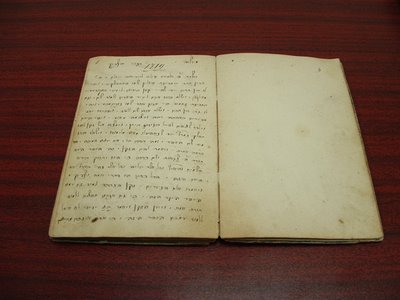Channukah & Purim
ריבוי הסעודות שמרבים בהם הם סעודות הרשות, שלא קבעום למשתה ושמחה.
The Levush explains that there is a fundamental difference between Channuka and Purim. Haman's decree was against the "Guf" (body) of the Jews - to wipe them out physically, to kill every single Jew. Therefore when Chazal instituted the method of commemorating the miracle of the salvation they chose to commemorate it through our "guf" - mishteh v'shimcha. Channukah was different. There was no physical danger to the Jews. The decree was to try to force assimilation onto the Jewish people. It was a decree against the nefesh (soul) of the Jewish people. Therefore Chazal chose to establish a means of commemorating the miracle through the nefesh of klal yisroel - hallel v'hoda'ah.
Although this is the most well known reason (likely because it is quoted by the Mishnah B'rurah) there are others as well.
The Yosef Lekach writes that Chazal did not establish a festive meal on Channuka because in the wars that preceded the miracle there was great loss of Jewish life. Purim however was a complete trouncing, there was no loss of Jewish life, therefore there is a festive meal.
In other words, the element of sadness over the great loss of life, that existed alongside the simcha of the nes channuka precluded the festivities of mishteh. All it allowed for was hallel v'hodaah. Purim however was complete unmitigated simcha therfore there is mishteh v'simcha.
Perhaps we can take this thought a little further and come to somewhat of a hybrid pshat.
The physical body, the guf, is capable of understanding pleasure and understanding pain. When the two feelings are combined we require our intellect to comprehend it. Nuanced understandings is for the realm of nefesh. The absolute simcha of purim is something that can be celebrated through guf - therefore, mishteh. Very different are the nuanced feelings of channukah. They can only fully be appreciated by the nefesh - therefore, hallel v'hodaa.


















